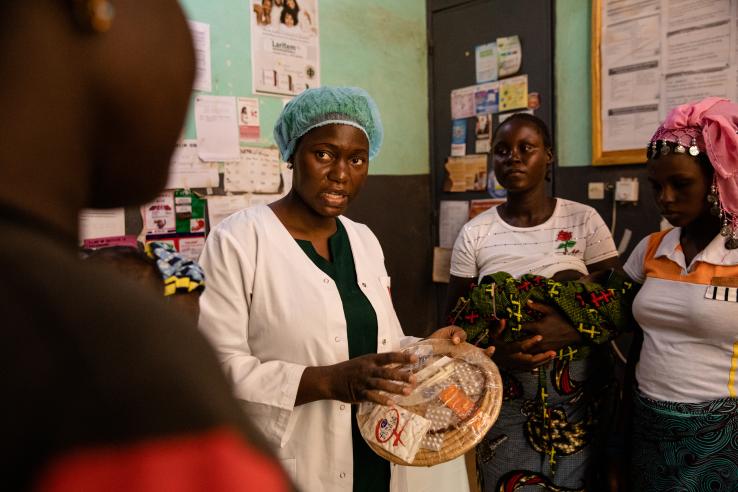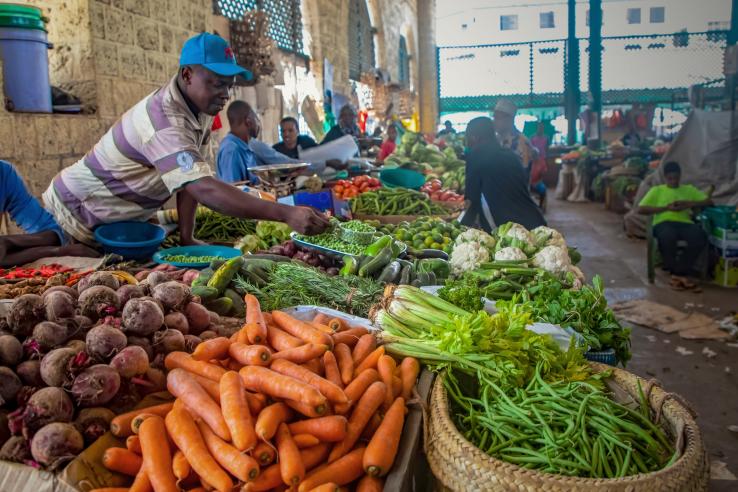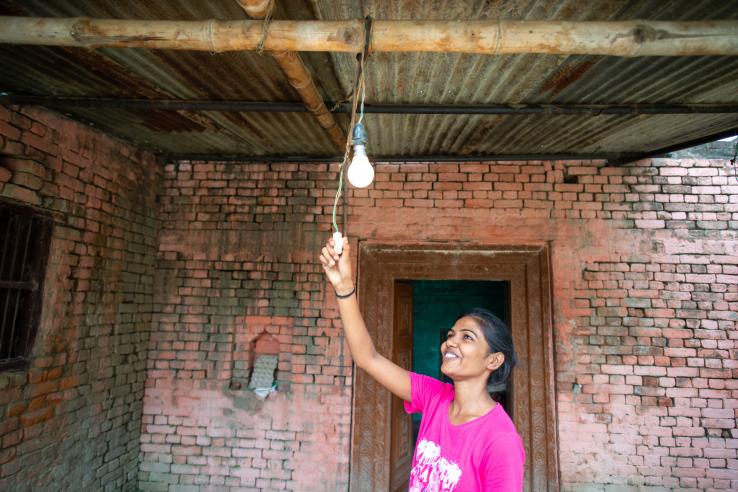J-PAL Global is our head office and coordinates J-PAL’s worldwide research, policy, education, and capacity building work to promote our mission of ensuring that policy is informed by scientific evidence.
We provide research and policy expertise in each of J-PAL’s eleven sectors: Agriculture; Crime, Violence, and Conflict; Education; Environment, Energy, and Climate Change; Finance; Firms; Gender; Health; Labor Markets; Political Economy and Governance, and Social Protection. This includes publishing evidence summaries and policy insights, and building partnerships to help policymakers understand how and when to apply evidence from randomized evaluations to policies and programs.
We create research resources to help design and implement randomized evaluations and to promote research transparency. We manage funding initiatives that support new and innovative evaluations in agricultural technology adoption, crime and violence, governance, government innovation, and post-primary education, among other topics.
We also lead executive trainings and university-level online courses, including the MicroMasters® Program in Data, Economics, and Design of Policy (DEDP), that help build the capacity of researchers who produce evidence, policymakers and donors who use it, and advocates of evidence-informed policy.
J-PAL Global assists our Board of Directors and the Board’s Executive Committee in designing the strategy and policies that guide our operations worldwide. Our research, policy and communications, education, and training teams support the work of our seven regional offices at leading universities in Africa, Europe, Latin America and the Caribbean, the Middle East and North Africa, North America, South Asia, and Southeast Asia.

More about J-PAL Global
Explore the J-PAL website to learn more about who we are, what we do, where we work, and how to engage with the J-PAL Global team.

Blog
Reflecting on the end of USAID
Over the past two decades, J-PAL and members of our research network worked closely with USAID on many projects to design, pilot, and evaluate innovative solutions; scale up those found to be effective, scale down those that do not work; and widely share the learnings.

Case study
Lowering barriers to contraception use through mass media
An evidence-based family planning campaign delivered via mass media was scaled up across Burkina Faso, reaching 80 percent of the country’s population, and adapted in seven countries in southern and eastern Africa.

Policy insight
Increasing small-scale farmers’ access to agricultural markets
Farmers in low- and middle-income countries face challenges accessing markets and earning profits on their agricultural goods. When small-scale farmers have better access to both markets where they buy inputs for their own farming and markets where they sell their goods, they can often invest more...

Policy insight
Expanding household electricity access
Access to electricity is a critical ingredient in improving human well-being and raising living standards, but the existing evidence suggests that it is just one component of poverty reduction rather than a complete solution on its own.